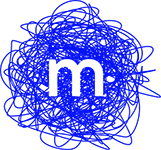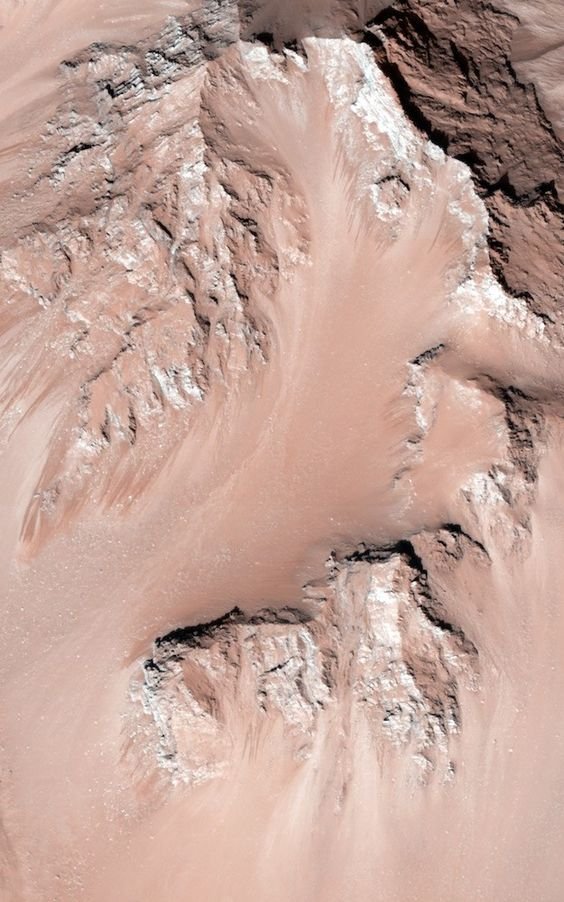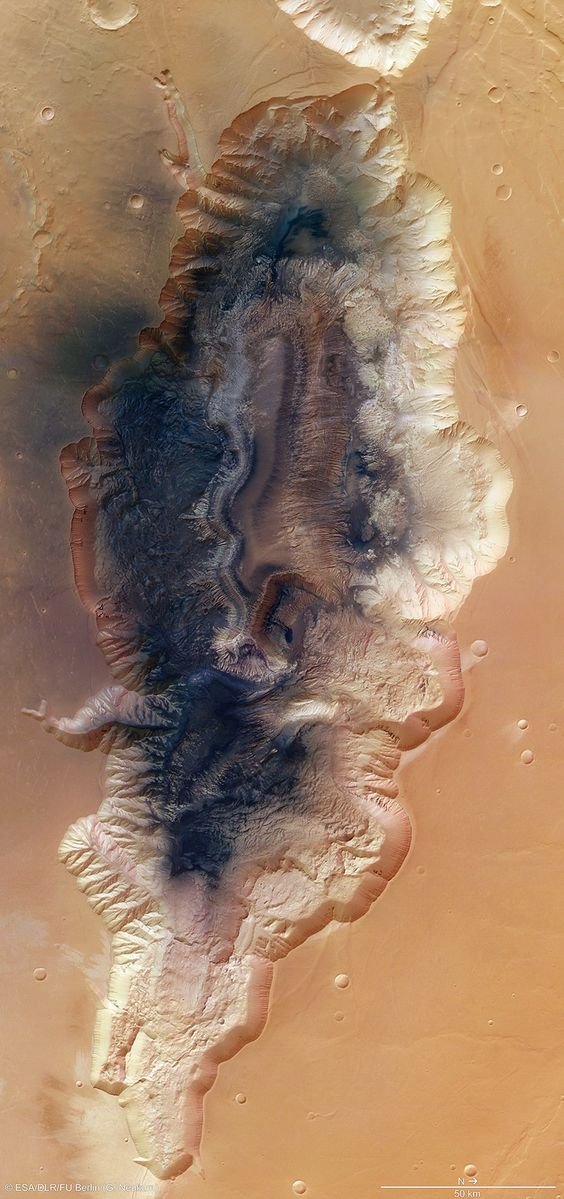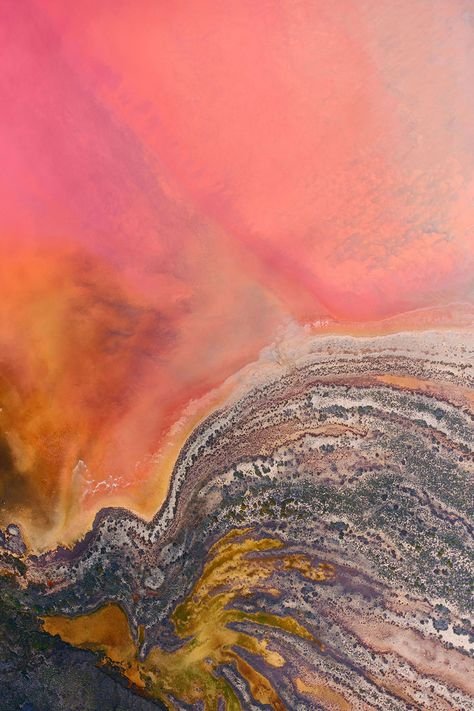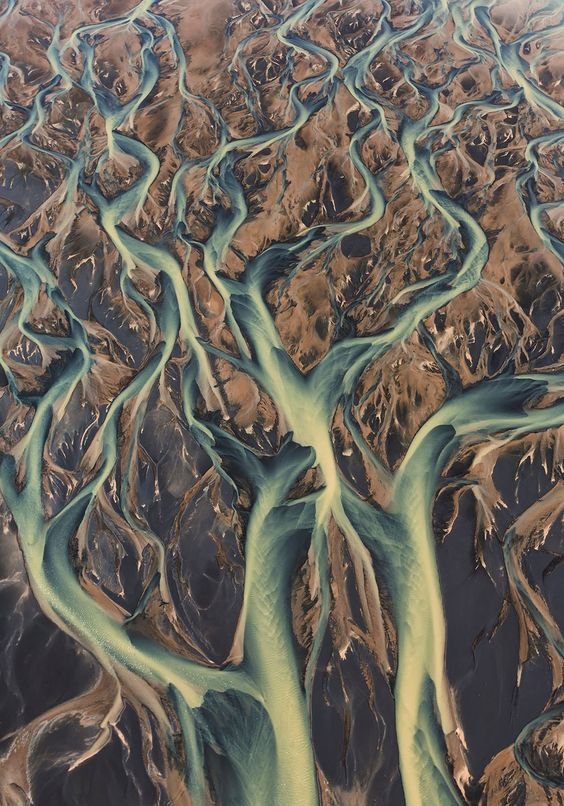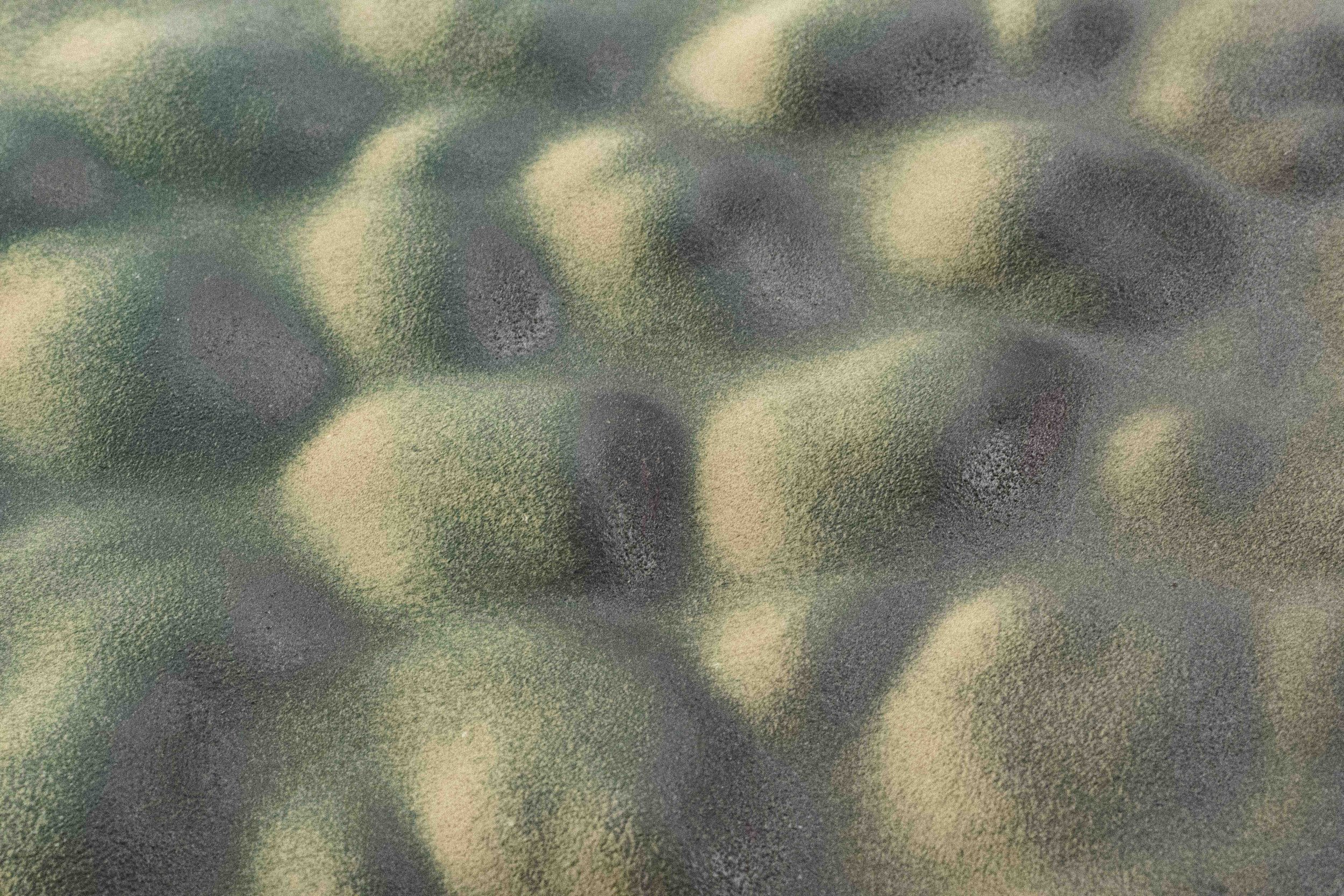Terra Cognita.
This initial series of "ceramic canvases" draws inspiration from the Earth itself, encompassing its diverse textures, geological formations, and the interplay with human-made structures.

I have always lived in cities, surrounded by concrete and glass, with only small traces of nature scattered between buildings and sidewalks. I often find myself drawn to distant landscapes, not just through travel, but through the screen. On Google Earth, I move across the planet like a modern-day tourist, searching for places that feel unfamiliar and far away. These images of remote wilderness often seem more alien than earthly, as if they belong to another world altogether.
Terra Cognita grew out of this quiet, digital wandering. The series is based on aerial views of isolated terrains, seen from the detached perspective of a satellite. From that distance, the lines blur. A salt flat resembles an extraction site, a mining quarry looks much like a desert valley. These places appear vast, barren, and strangely attractive.
I am not interested in ranking these landscapes as natural or artificial, pristine or ruined. Instead, I present them together, treating them as part of one continuous, shifting terrain. In this way, I explore how landscape art can reflect our current relationship with nature — one shaped by both awe and unease, connection and detachment.
There is also something personal in this search. These distant places mirror a feeling I have carried for some time — the sense of being a stranger wherever I go. They represent a kind of imagined belonging, a quiet hope that there might be connection, even in the most remote and unreachable places.
By recreating these satellite images in clay, I give physical form to spaces that exist far beyond my own reach. Installed on a wall, within arm’s length, they become something you can stand in front of, something you can touch. These works invite viewers to connect with what feels distant and find presence in the unfamiliar.
River Valley 01.
Year - 2023
Medium - Ceramic (stoneware, mason stains, glaze)
Technique - Hand building
Fired at 1250 °C
Dimensions - 26x22x3 cm
Soil Horizon 01.
Year - 2024
Medium - Ceramic (stoneware, engobes, glaze)
Technique - Hand building
Fired at 1250 °C
Dimensions - 34x22x5 cm
Soil Horizon 02.
Year - 2024
Medium - Ceramic (stoneware, engobes, glaze)
Technique - Hand building
Fired at 1250 °C
Dimensions - 24x20x5 cm
Grasslands.
Year - 2023
Medium - Ceramic (stoneware, underglaze, Tenmoku glaze)
Technique - Hand building
Fired at 1250 °C
Dimensions - 27x22x3 cm
River Valley 02.
Year - 2024
Medium - Ceramic (stoneware, pigments, glaze)
Technique - Hand building
Fired at 1250 °C
Dimensions - 34x56x5 cm
Desert Green.
Year - 2024
Medium - Ceramic (stoneware, pigments, glaze, metallic plastic)
Technique - Hand building
Fired at 1250 °C
Dimensions - 25x33.5x5 cm
Salt Flats.
Year - 2023
Medium - Ceramic (stoneware, underglaze, Celadon crystal glaze)
Technique - Hand building
Fired at 1250 °C
Dimensions - 27.5x23x3.5 cm
Sandburn.
Year - 2024
Medium - Ceramic (stoneware, pigments, porcelain)
Technique - Hand building
Fired at 1250 °C
Dimensions - 25.5x25.5x5 cm
Basalt.
Year - 2023
Medium - Ceramic (stoneware, porcelain, pigments)
Technique - Hand building
Fired at 1250 °C
Dimensions - 27x23x4 cm
Troubled Waters.
Year - 2023
Medium - Ceramic (porcelain, slip, pigments)
Technique - Hand building
Fired at 1250 °C
Dimensions - 25x20x2 cm
